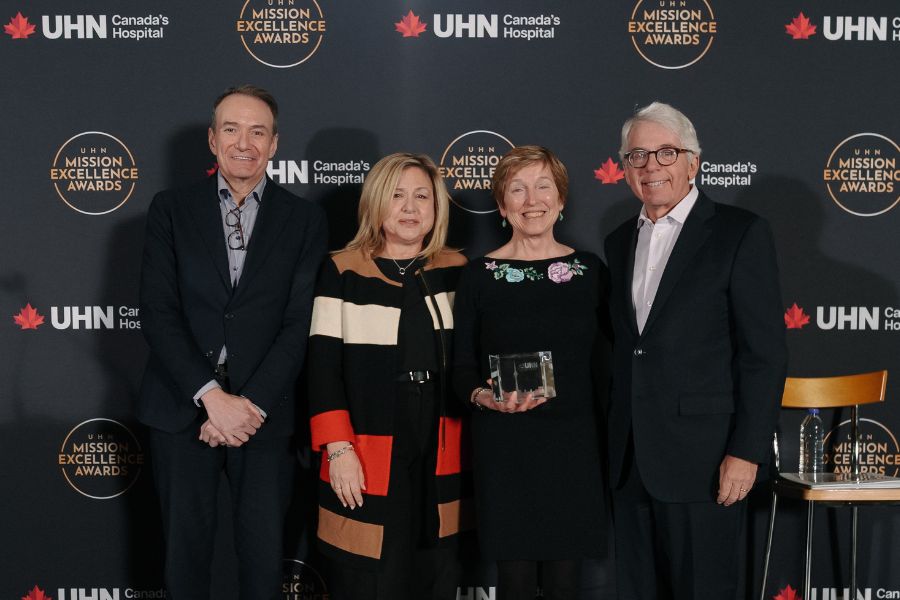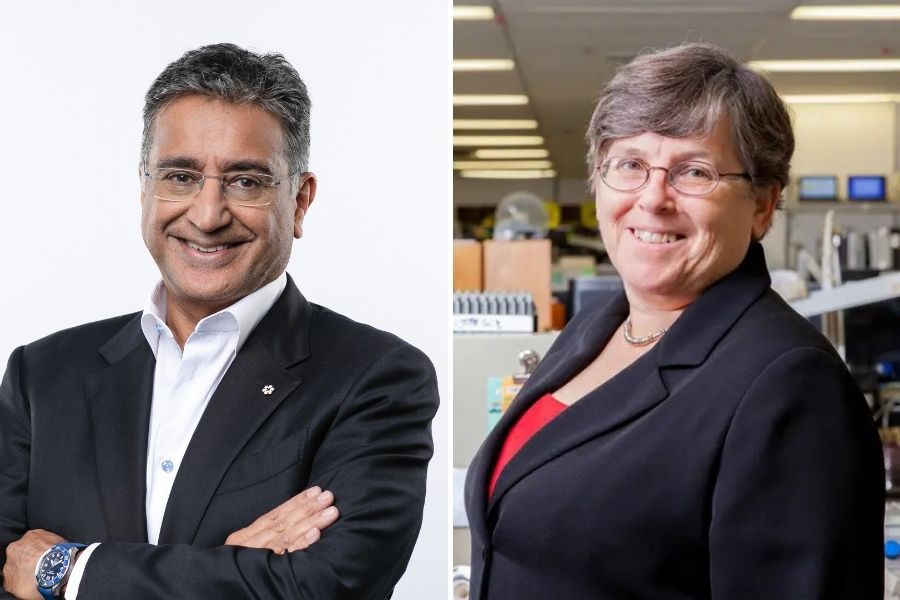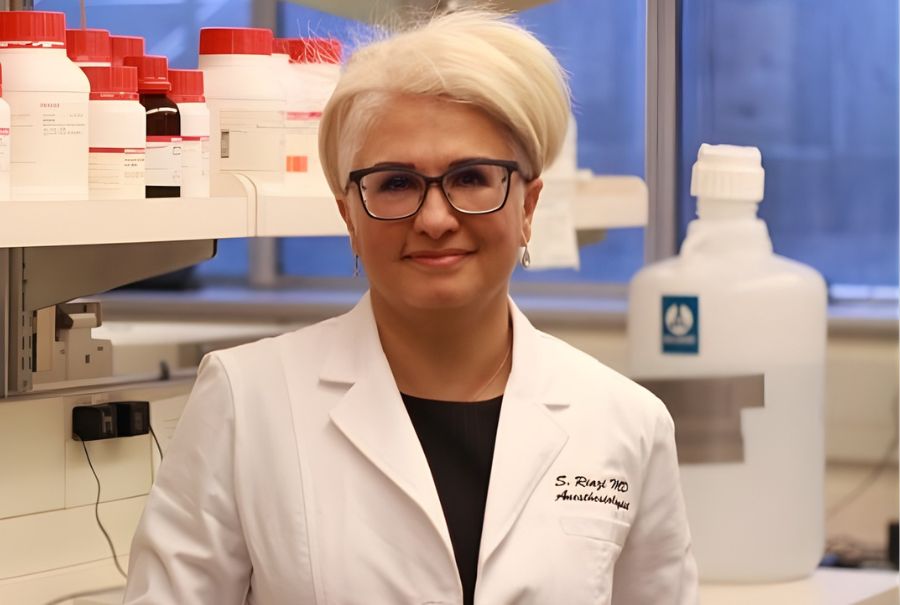Name: Leonard Benoit
Title: Indigenous Patient Navigator
Number of years working in health care: 22
I was born and raised in: Burgeo First Nations, on the unceded territory of Newfoundland and Labrador
I decided to get into health care because business management, which is where I started my career, was not for me. I learned this after I finished my formal education. I tried many different things, from being a meditator with young people who ran into trouble with the law, to being a group home counsellor and even to opening my own homecare business in which I provided care to older adults who were unable to live on their own. So, nursing seemed like a natural next step. During my time as a nurse, I worked in many different areas, including general medicine, orthopedics, urology, oncology, emergency, general surgery, the gastrointestinal clinic, plastic and burns. I even worked at the Super Jail as a nurse and have done a cultural exchange in the Dominican Republic.
As a nurse, I have gone on to complete certification in palliative care. I am a certified death doula. I did a community service worker program, and now I am finishing off thanatology studies (death studies). I worked as an access coordinator in housing and as a client care coordinator for Indigenous and HIV-positive folks. I have been in the role as the Indigenous Patient Navigator a little over four years, and I have been with the Indigenous Health Program at UHN for a year.
My role at UHN is to provide care to First Nations, Inuit and Métis patients. Sometimes that work is ensuring that people are connected to services. I help to coordinate and access resources – I help them bridge the gaps. A lot of time that work can be advocacy work to ensure folks are treated with dignity and respect that honours the Indigenous path of well-being. I make sure folks are connected to community resources, and to traditional healers and Elders who allow for ceremony. I also say that I start fires and sometimes put them out. It really comes down to the needs of the patient.
COVID-19 has affected me by helping me to define what is relational to me – relationships to my family, friends, work, culture, creator and of course myself. I’ve established boundaries and made sure these are healthy relationships.
The thing I love the most about my job is making a difference in someone’s life that has a positive impact on their care, whether it’s developing policy or changing current policy, finding community or traditional resources, or just being present with them. I get to see a snapshot of people’s lives, and I never take that for granted or as privilege. To me, it’s a blessing they share, and I am grateful for it.
The most incredible thing I’ve seen at work is a wife singing this beautiful love song to her husband as he was dying. She held his hand and sang, and while I did not understand the words, the love could be felt. It was so thick in the room – it wrapped around all of us who were present.
I have been gifted with seeing so many incredible things at work. I have seen hope, sadness, despair, grief. I have also seen love – the love that a parent has shown to a child, or a child to a parent.
I’m inspired by my culture – the teaching that it gives me, and my connection to the land and the water through my culture. I am inspired by the Seven Grandfather Teachings (Love, Respect, Bravery, Truth, Honesty, Humility and Wisdom). My culture gives me ceremonies to connect me to the creator, to live the good life and to do things in a good way. It provides stories and songs for celebration and enjoyment.
My personal heroes are children. These innocent and pure little beings come into the world, and they teach us how to be good and kind, how to nurture, how to be selfless and how to provide for them with unconditional love. In my teachings, the children are the sacred fires. They are tended to by the women, the grandmothers (kookums) and the aunties. It is those fires that will bring generations to come.
I sometimes worry about, or at least reflect on, these questions: was I the best version of myself today? Did I do everything I could have done to make a positive difference in someone else’s world? I answer these questions with brutal honesty, and then I give thanks and gratitude for being able to do so and for the creator giving me the guidance to do so.
I’ve found joy recently from learning my first language, which is Mi’Kmaq. I attend weekend Zoom meetings with folks from Corner Brook, N.L. I am really not good at it, but I can manage a few words.
My favorite book is Love You Forever by Robert Munsch. I have read some pretty amazing books, but Love You Forever describes the importance of love, the reciprocity of love and its need for fulfillment and happiness. Gender roles are addressed, and it even brings about the topic of death and the lifecycle.
My ideal day off is sleeping in only to be woken by the smell of breakfast being cooked for me, the house being magically cleaned, feeling the warm sun on my face as I go for a walk and to arrive home for supper being prepared for me!


